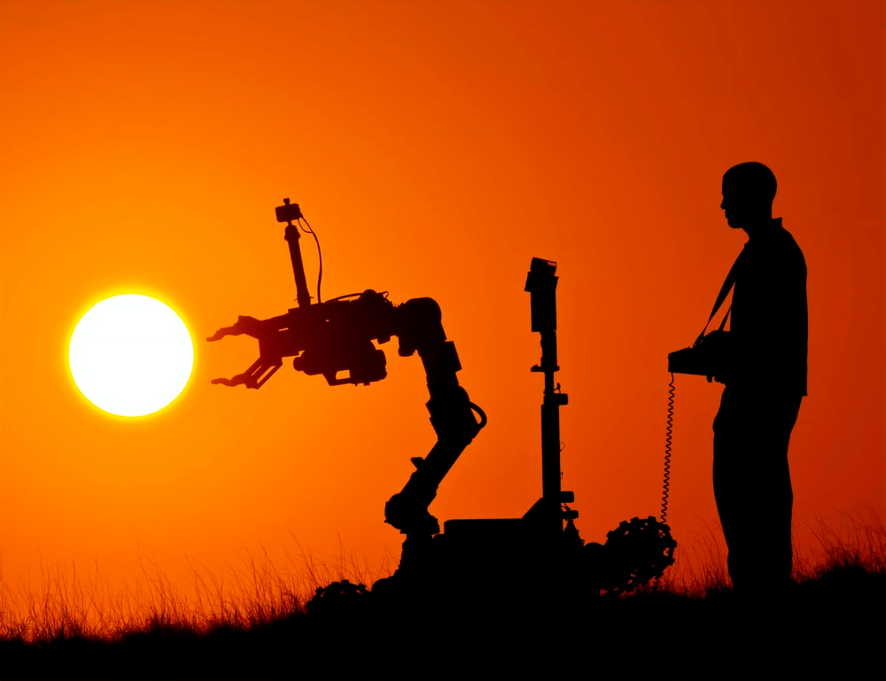
FROM PLOUGH TO ROBOT
FROM PLOUGH TO ROBOT
Agriculture is one of the core industries of our economy. However, it is now controversial for several reasons such as difficult working conditions, suicide rate among farmer, poverty, the arduousness of the tasks, are all factors that do not highlight this sector, yet so respectable.
Today, this sector is facing a paradoxical challenge: increase its production volume to support the growing population needs while reducing its negative impact on the environment. At first glance, it seems difficult to find a middle ground in this thorny dilemma. It is true that in 50 years from now, agricultural productivity has more than doubled, but with the use of harmful products. These two data seem to be incompatible.
Concerned about a better environment, new forms of agriculture have emerged such as biotechnological agriculture or precision agriculture . Even though those innovation are very promising they require more operational and technical means.
In a vision of environment-friendly agriculture and productivity we will see the democratization of robots, already widely used in the automotive industry.
Robots, a viable solution?
Robots, a viable solution?
ROBOTS, A VIABLE SOLUTION ?
After a few failures in the 1980s, robots have reappeared 30 years later. Robotics becomes a source of hope for the agricultural industry by answering numerous constraints, it seems to be the best solution to the above-mentioned problem:
Nowadays, robots have become indispensable for some farmers. For example, In France, 1 out of 2 farms have robotic milking systems. Its importance is such that within 5 years, agriculture should become the second largest market for robotics .The agricultural landscape is now one of robotization and modernization.
AGRICULTURE WITHOUT FARMERS ?
When we are made aware of previous point, a question arises as to know whether we are moving towards a farming industry without farmers? Japan has already started answering this question with the implementation of a fully automated farm in which robots do everything from A to Z. Would this be the beginning of a new era? It is estimated that in France alone, 80,000 jobs are at risk.
However, we are still a long way from 100% automated agriculture. Several limitations appear such as the type of terrain, the question of accidents, weather conditions, etc. Also, some farmers are still reluctant to adopt robots because, at the same time, consumers are increasingly demanding open-air farming.
It is also impossible to envisage, from a legal point of view, an autonomous tractor running on the road. Despite their intelligence, robots are currently mainly used to perform repetitive tasks. It would then be difficult to envisage, in the near future, robots capable of carrying out much more complex tasks.
Robotics therefore appears to be an effective solution to meet both the preservation of the environment and the growth in global demand. For many specialists, the idea today is to optimally combine human labour with robotic support, starting by a robotic support of farmers tasks.




 English
English Español
Español